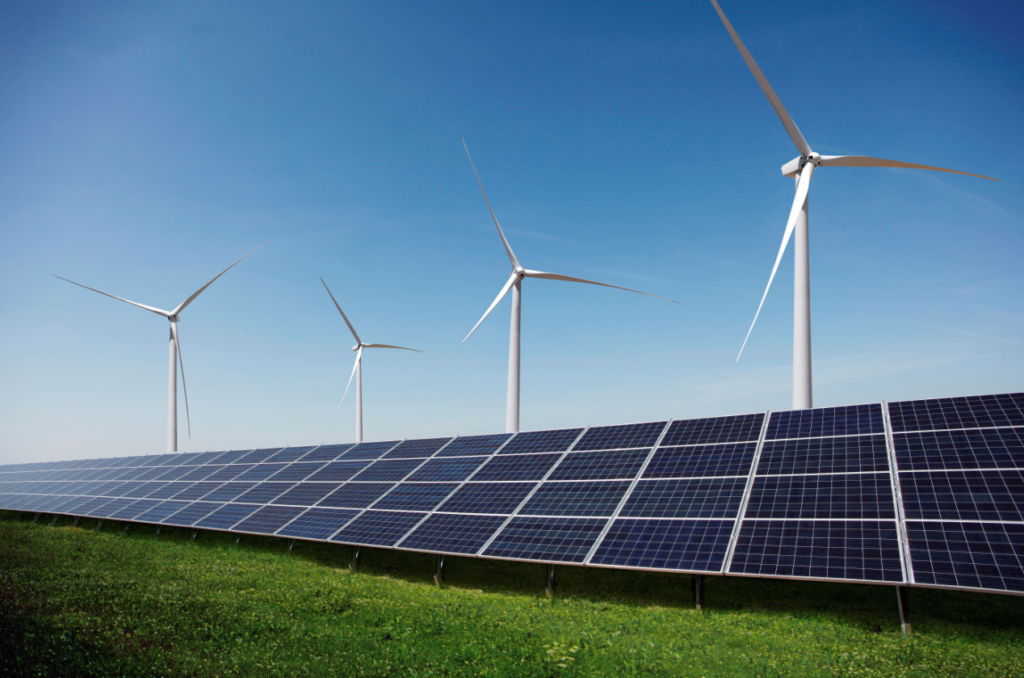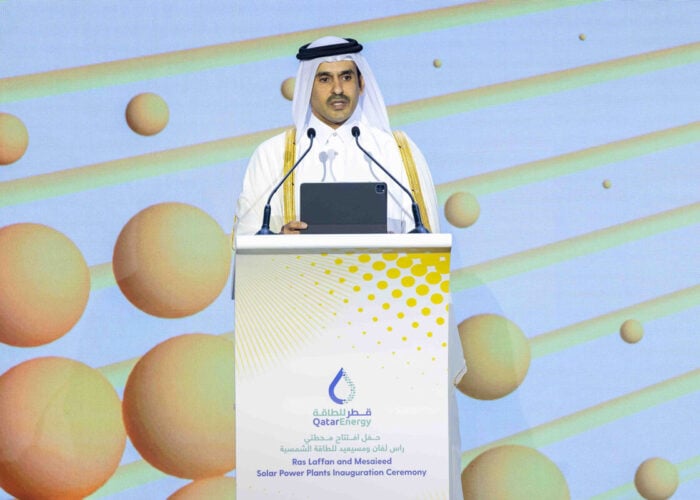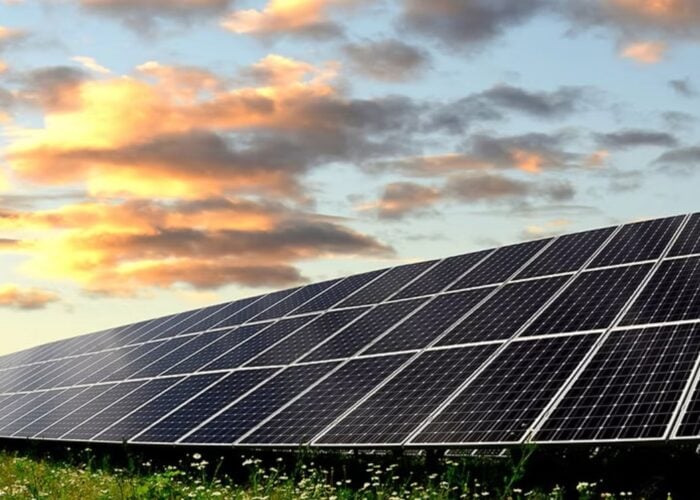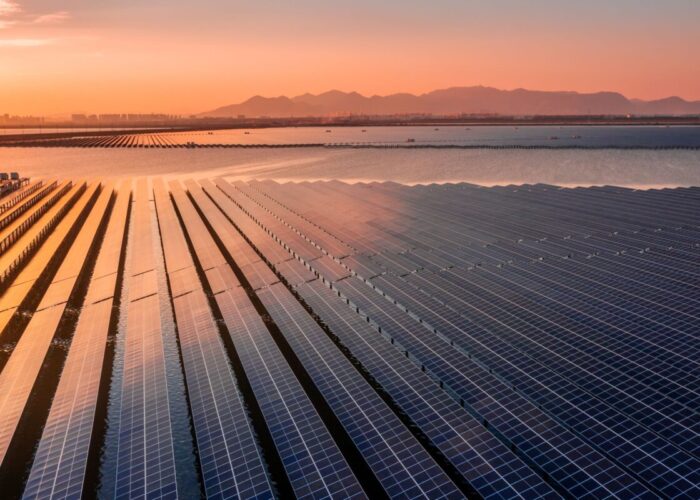
A landmark new climate report from the United Nations “must sound a death knell” for coal and fossil fuels, according to secretary-general António Guterres, who is calling for a rapid increase in solar capacity and renewable energy investment.
The Intergovernmental Panel on Climate Change (IPCC) report, published today, finds that unless immediate and large-scale action is taken to reduce greenhouse gas emissions, limiting global warming to close to 1.5°C or even 2°C will be beyond reach.
Unlock unlimited access for 12 whole months of distinctive global analysis
Photovoltaics International is now included.
- Regular insight and analysis of the industry’s biggest developments
- In-depth interviews with the industry’s leading figures
- Unlimited digital access to the PV Tech Power journal catalogue
- Unlimited digital access to the Photovoltaics International journal catalogue
- Access to more than 1,000 technical papers
- Discounts on Solar Media’s portfolio of events, in-person and virtual
The research says greenhouse gas emissions from human activities are responsible for approximately 1.1°C of warming since 1850-1900, and warns that averaged over the next 20 years, global temperature is expected to reach or exceed 1.5°C of warming.
Describing the report as a “code red for humanity”, Guterres called for immediate action on energy and urged governments to end all new fossil fuel exploration and production, and shift fossil fuel subsidies into renewable energy.
“By 2030, solar and wind capacity should quadruple, and renewable energy investments should triple to maintain a net zero trajectory by mid-century,” he said.
The research from the IPCC, which is the UN body for assessing the science related to climate change, says “it is unequivocal that human influence has warmed the atmosphere, ocean and land”. It projects that for 1.5°C of additional global warming, there will be more heat waves, longer warm seasons and shorter cold seasons, while at 2°C of global warming, heat extremes would more often reach critical tolerance thresholds for agriculture and health.
Published less than three months before the COP26 climate summit in the UK, the report shows that human actions still have the potential to determine the future course of climate.
“The very careful scientific language of the new report contains a stark message: the level of devastation we face is in our collective hands. If the world slashes carbon dioxide emissions now and reduces them to net zero by 2050, we would keep the global temperature rise close to 1.5°C and avoid the worst impacts,” said Simon Lewis, professor of global change science at University College London.
Lewis said the report raises the pressure on world leaders to agree on achievable plans to cut emissions when they meet for the COP26 in November, adding: “Cutting emissions to net zero means keeping fossil fuels in the ground, ending deforestation, and rapidly moving to using renewable energy to power the global economy.”
The report authors say human-induced climate change is already affecting many weather and climate extremes across the globe, with changes in the climate system becoming larger in direct relation to increasing global warming.
Meanwhile, the report says many changes due to past and future greenhouse gas emissions are irreversible for centuries to millennia, especially changes in the ocean, ice sheets and global sea level.
“This report is yet another reminder that we need to accelerate global efforts to ditch fossil fuels and shift to a cleaner, greener growth model,” said Christiana Figueres, founding partner at environmental platform Global Optimism and former executive secretary of the UN Climate Change Convention. “Everything we need to avoid the exponential impacts of climate change is doable. But it depends on solutions moving exponentially faster than impacts, and getting on track to halving global emissions by 2030. COP26 will be the moment of truth.”







